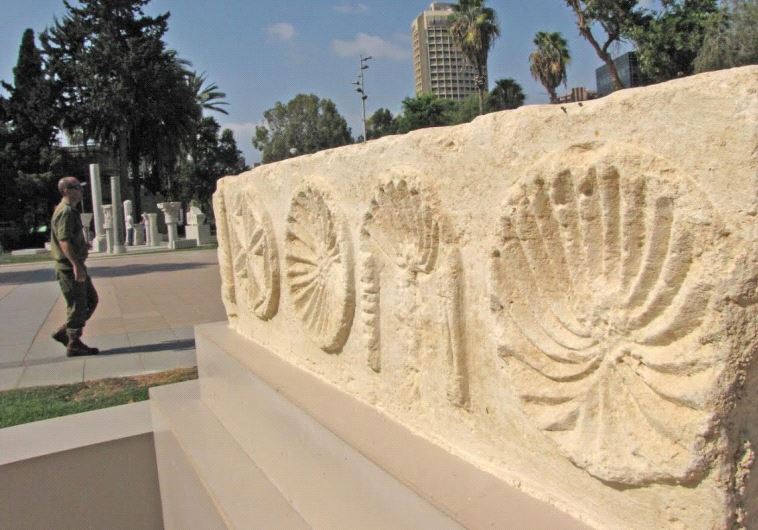Largest archaeological garden in country opens at IDF’s Camp Rabin
‘The Israel Antiquities Authority seeks to expose soldiers – our future generation – to their past,’ says Hasson
 The archeological garden at Camp Rabin.(photo credit: YOLI SHWARTZ AND ISRAEL ANTIQUITIES AUTHORITY)Updated:
The archeological garden at Camp Rabin.(photo credit: YOLI SHWARTZ AND ISRAEL ANTIQUITIES AUTHORITY)Updated: